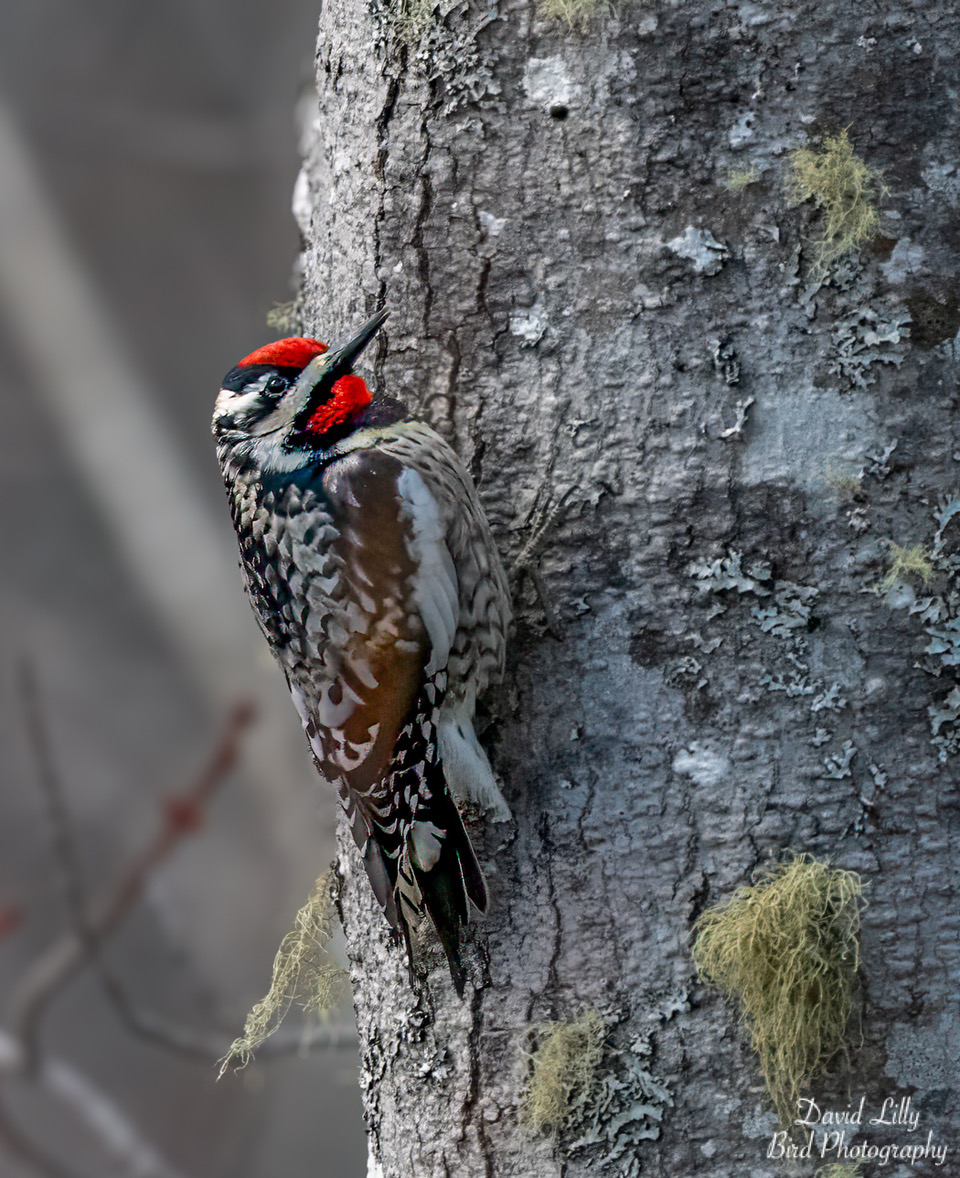NATURE
MONCTON NATURE NEWS
April 22, 2025
Nature Moncton members, as
well as any naturalist in New Brunswick or beyond, are invited to share
their photos and descriptions of recent nature sightings to build a fresh
(almost) daily edition of Nature News
To
respond by e-mail, please address your message to the information line
editor, nelsonpoirier435@gmail.com .
Please
advise the editor at nelsonpoirier435@gmail.com and the proofreader
Louise Nichols at Nicholsl@eastlink.ca if
any errors are noted in wording or photo labelling.
For more information
on Nature Moncton, check the website at www.naturemoncton.com
Proofreading
courtesy of Nichols nicholsl@eastlink.ca
To
view the live feed of the Peregrine Falcon nest cam on the summit of Assumption
Place in Moncton, go to:
**Barb Curlew and Rick Elliott had a visit from an eastern phoebe Monday morning. It was making frequent sorties from a tree branch just outside their window, possibly quite interested in cluster flies emerging from their winter hiatus.
(Editor's note: The eastern phoebe is often one of the
first flycatchers to join us in the spring. Note the hairs/bristles around the
base of the beak in Barb’s photo, which is typical of flycatchers. The
near-constant flipping of the tail can be a helpful clue to the identity of
this flycatcher.)
**Louise Nichols sends a photo of her FOY mourning
cloak butterfly seen in their Aulac woods on Monday. She also
includes a photo of an infant moth she saw flying in the woods a few
days ago.
(Editor's note: The infant moth is a small moth at 30-33 mm that can be seen flying during the day in spring. The brilliant orange on its underwing can make it obvious in flight, but it is fast flying [especially on warmish days] and can be hard to photograph.)
**Shannon Inman stopped by the Harvey Marsh, and a mink
popped its head out of the marsh grass to check her out and quickly
disappeared back into the grass.
(Editor’s note: The mink retains its rich brown pelage
all year, not making the dramatic seasonal change that we see with the weasel.)
**Sue and Fred Richards were cleaning out nesting boxes
in Taylor Village on Monday and found that a little more than half were used.
There were 30 tree swallow boxes and two wood duck boxes.
Both duck boxes were occupied, but the second one had nine unhatched eggs. They
also found unhatched eggs in one of the swallow boxes that they suspect were
eastern bluebirds.
(Editor's note: The average clutch of a wood duck is
10-12 eggs. There can be more, but that would suggest a ‘dump nest’
where multiple females lay eggs in the same box. In this scenario, there would have to be a
possibility that something happened to the female during incubation.)
**A warm day in Fredericton aroused the garden ants in
the yard of Tony Thomas. The one photographed, a major worker of the New
York carpenter ant, is from a colony in a chunk of 6x6 inch
lumber. This is the largest of the three sizes of workers: minors, medias, and majors.
**David Lilly sends a photo of a male American goldfinch taking on its bright yellow breeding plumage, which is very
actively happening with the species at the moment.
David also had a visit from a male yellow-bellied
sapsucker, showing its brilliant red throat and crown.
Nelson Poirier.
Nature Moncton








